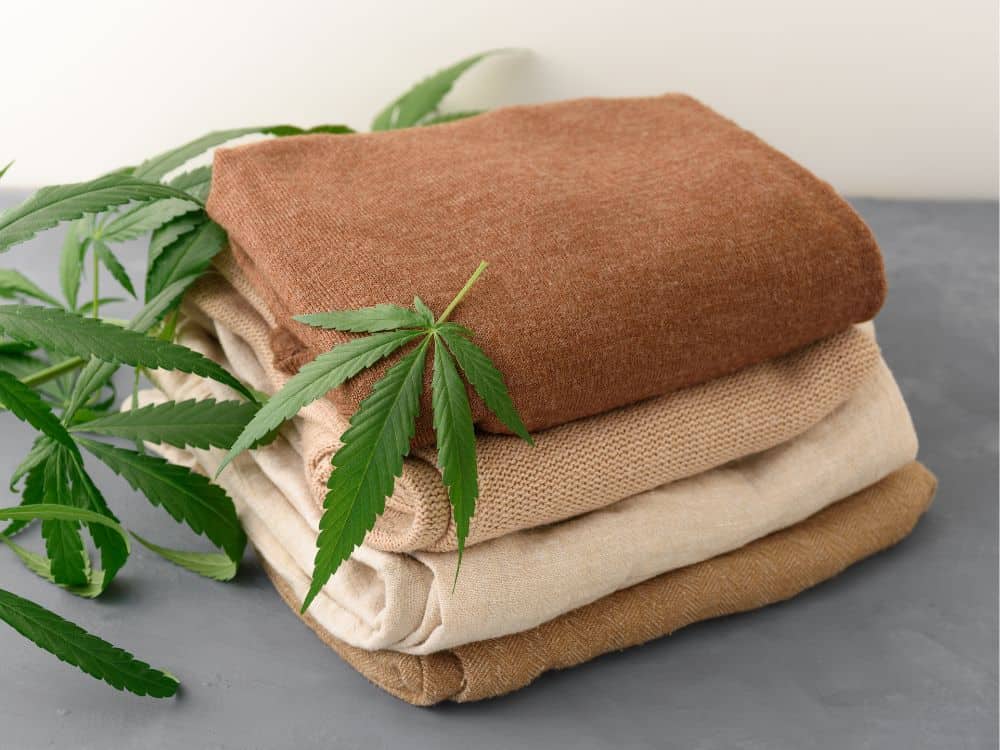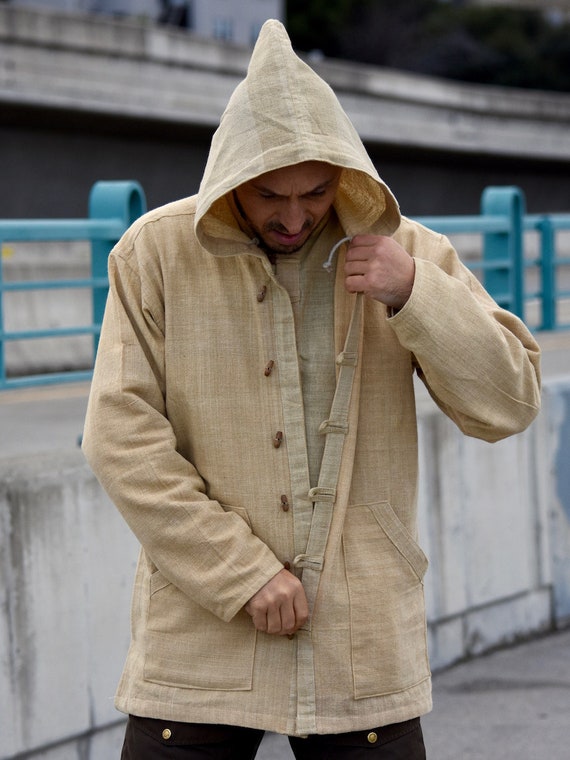Great Suggestions For Picking Hemp Clothes
Wiki Article
How Is Hemp A Sustainable Crop In Terms Of Water Usage, Pesticides And Herbicides When Compared To Cotton?
There are many reasons why hemp is considered as a sustainable crop than cotton in relation to water usage, pesticides, and herbicides.
Hemp Hemp is known as a crop with lower water needs than cotton or other crops. It's a drought-resistant plant that can be grown with minimal water. Hemp is usually cultivated using only rainwater.
Cotton- Conventional cotton is notorious for its high water consumption. Cotton farming requires extensive irrigation that could lead to water shortages in the local area and even the depletion of water in areas that are under stress. Cotton farming is water-intensive which has led to concerns over its sustainable nature.
Pesticides, Herbicides
Hemp - Hemp's natural resistance to many pests, diseases and weeds minimizes the need for synthetic pesticides. While hemp plants can require limited pest management methods to maintain their health, the overall dependence of chemical inputs, including cotton, is far smaller than that of other crops. The hemp cultivation process organically is non-pesticide.
Cotton-Conventional cotton farming typically relies heavily on synthetic pesticides and herbicides to control weeds and pests. These chemicals can have negative environmental effects including groundwater and soil contamination, harm to other species, and development of pesticide-resistant pests.
In the end it has been proven that hemp is to be more sustainable compared with cotton. This is due to the fact that it requires less water, pesticides and herbicides.
Hemp generally requires less water and can be grown with minimal watering or irrigation.
Hemp is a natural ally to many pests and diseases and reduces the need for synthetic pesticides.
Hemp production requires less synthetic pesticides compared to cotton.
It's important to remember that environmentally-friendly and sustainable methods differ between different growers. The organic farming method is also a major factor in the sustainable use of hemp as well in cotton, by reducing the use of synthetic chemicals and enhancing the health of the soil. In assessing the environmental impact of textiles and clothing, using organic fibers like hemp or cotton can aid in reducing the fashion industry's environmental footprint. Follow the best hemp clothes url for blog advice including hemp tees wholesale, hemp jacket, hemp shirts, hemp boxer shorts, hemp shirts mens, nomad hemp wear, hemp dress, 100 hemp t shirt, hemp clothing near me, hemp button down shirt and more.

How Can Hemp Be Used To Improve Carbon Sequestration And Sustainability?
Hemp fibers contribute to the storage of carbon, sustainability, and crop rotation in a variety of ways. They are an ideal option for agricultural and textile production.
Rapid growth- Hemp is a fast-growing plant that matures between 70-120 days, based on the variety of plants and the growing conditions. As part of photosynthesis, hemp plants absorb atmospheric CO2 during rapid growth. This carbon uptake can significantly contribute to carbon sequestration which reduces CO2 levels in atmosphere.
Hemp's high biomass production is well-known. The plant's tall and dense foliage generates a large amount of organic materials. When the biomass is incorporated into the soil or used in various applications, it could lead to the accumulation of organic matter and carbon.
Sustainability:
The use of minimal chemicals is Hemp cultivation often requires fewer herbicides and pesticides made of synthetics when than other crops such as cotton. Natural resistance to diseases and pests reduces the need for chemicals. The organic hemp industry specifically, focuses on sustainability through the avoidance of synthetic chemicals.
Hemp has a high water efficiency when compared to other crops that need a lot of water like cotton. This makes it more viable in regions in which water is scarce.
Hemp roots are deep and can help improve soil quality. The hemp's roots aid to stop soil erosion by stabilizing soil's structure and reducing runoff. Hemp may increase soil microbial activity. This promotes nutrient cycles and soil fertility.
Crop Rotation Hemp is a great option to integrate into crop rotation systems. Crop rotation is the process of alternating of different crops in one field. This helps break pest and illness cycles as well as reduce the depletion of soil, and improve soil structures. Hemp's role in crop rotation contributes towards sustainability.
Crop Rotation-
Hemp crops can be cultivated in rotation with other crops like grains, legumes and even vegetables. Diversification is crucial to maintain soil health, decreasing the chance of pests or diseases that are specific to specific crops, and helping to ensure a balanced cycle of nutrients.
Hemp's deep root system can penetrate the soil to aerate and reduce compaction. It also increases water infiltration. The better soil structure following hemp cultivation benefits subsequent crops.
Hemp fibers are a great option for crop rotation due to due to their speedy growth rate, their the high yield of biomass, their low need for chemicals, high water efficiency, and positive effects on soil health, and compatibility. This makes hemp cultivation sustainable and a regenerative farming practice. The fibers that result are suitable for use in textiles, as well as other applications that are eco-friendly. Check out the top rated koraoutdoor.com outdoor clothing for site advice including hemp coat, hemp t shirt mens, hemp shirts, hemp pants womens, patagonia iron forge pants, hemp pants mens, hemp tee shirts, patagonia double knee pants, hemp hoodie, patagonia hemp shorts and more.

what outdoor activities is bamboo-based clothing causing a backlash and what is the reason?
Bamboo clothing is changing the way we dress for many outdoor activities. Its unique blend of comfort, performance and environmental sustainability has made it a popular option for a lot of. Here are a few outdoor activities that bamboo-based clothing has created a massive impact on hiking
Why- Bamboo clothing is breathable and has great water-wicking properties. This keeps those who hike dry and comfy. Bamboo fabric's ability to breathe allows the body to regulate its temperature while trekking for long durations under various conditions. Furthermore the softness of bamboo fabric reduces the risk of chafing and irritation.
Trail Running
Why is that bamboo's sweat wicking properties and breathability are essential for trail runners who work hard in demanding conditions. It helps keep runners dry and cool which prevents chafing and discomfort during intense workouts.
Camping-
Bamboo clothing is comfortable all day long making it ideal for camping. The softness and moisture-wicking capabilities ensure that campers are dry and comfortable around the camp site, whether building tents or cooking.
Backpacking-
Why- Backpackers need lightweight clothes that are breathable and can withstand a wide range of weather conditions. The range of options in comfort, as well as the ability bamboo-based clothes to control body temperature makes it an ideal option for backpacking trips.
Climbing-
Why? Climbers appreciate the flexibility of bamboo clothing and the freedom to move. Its moisture-wicking properties help climbers stay cool and comfortable when undertaking physically demanding ascents.
Mountain Biking
Mountain bikers should wear breathable clothing with moisture-wicking properties in order to remain comfortable while riding at high intensity. Bamboo clothing is perfect for bikers as it is able to regulate temperature and moisture.
Yoga and Outdoor Fitness
The reason - Bamboo's softness, flexibility and moisture wicking properties makes it the ideal material for yoga and outdoor activities. It offers a broad range of movement, and is comfortable for practitioners while exercising.
Fishing-
Why? Fishermen appreciate bamboo clothing for its comfort and its moisture-wicking capabilities, especially when they spend many hours in water. It regulates body temperature, keeps wearers dry and reduces irritation and discomfort.
and Adventure Travel and Adventure Travel
Whywhy Bamboo clothes are ideal for those who want to explore various climates and settings. The flexibility, comfort, and quick drying properties are ideal for adventures, especially when the weight of luggage and space is an issue.
Sustainability-Focused Activities-
Due to its low environmental impact, bamboo-based clothing is preferred by outdoor enthusiasts who place the highest importance on sustainability and eco consciousness. This aligns with those who want to reduce their carbon footprint while enjoying the outdoors.
In summary the bamboo-based clothes are changing many outdoor activities, providing the comfort of moisture management, temperature regulation and environmental sustainability. The versatility of bamboo clothing makes it ideal for a wide range of outdoor pursuits, enhancing the overall experience for adventurers and nature enthusiasts. Have a look at the recommended inquiry on bamboo clothes for blog examples including bamboo fabric clothing, bamboo jeans brand, bamboo button down shirts, bamboo fiber t shirt, bamboo fishing shirts, freefly summer hoodies, bamboo chafing shorts, cozy earth clothes, bamboo tee shirts mens, bamboo sweater and more.
